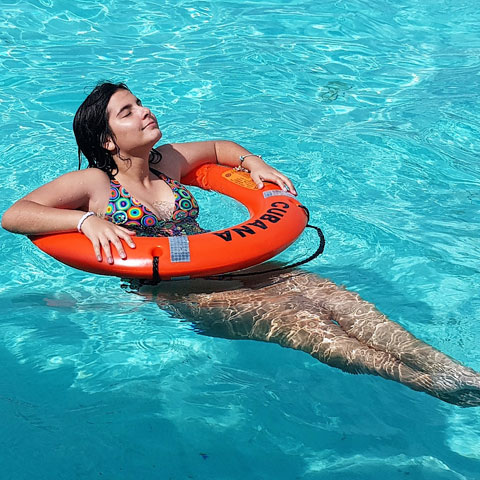They say distance makes the heart grow fonder—or something like that. I’m not sure of the exact phrase, but I do know this: planning makes traveling go smoother. When it comes to travel, there’s just so much to juggle—flights, hotels, activities, documents, emergency contacts, travel insurance. Without some level of organization, what’s meant to be a relaxing getaway can quickly turn into a stressful checklist of forgotten details.
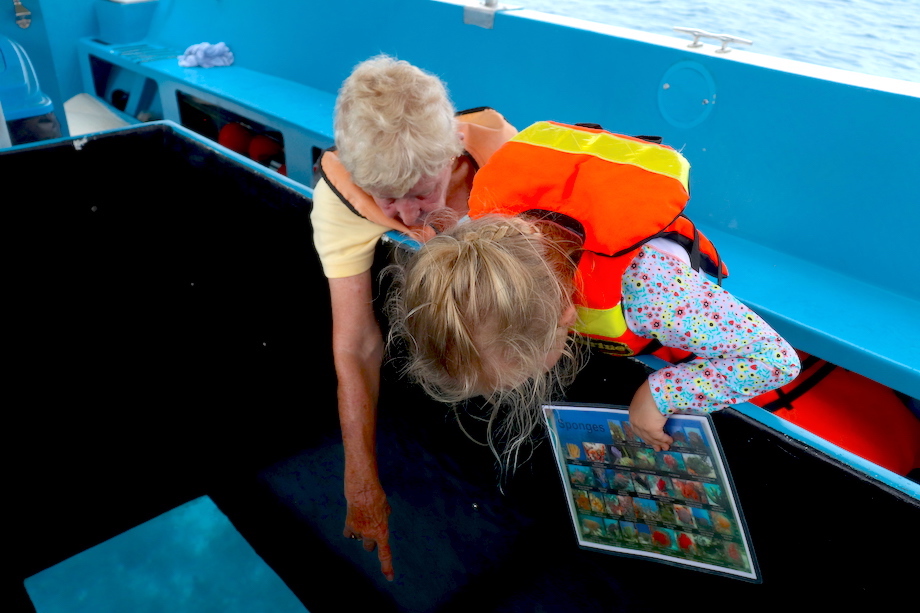
Like most of us, I find myself scrolling through TikToks with titles like “What to Do in Shanghai” or “Everything You Need Before Going to Paris.” Even if I have no immediate plans to visit those destinations, it’s comforting to know that so many answers exist at the touch of a screen. That reassurance—that I won’t be completely lost in the chaos of planning—makes travel feel a little less intimidating.
This past summer, I couldn’t help but notice families on vacation: parents wrangling strollers, kids in matching sunhats, toddlers in tiny swim floats. It made me wonder—how do they do it? Traveling alone can be overwhelming, but with kids of different ages? That’s another level of logistics. So, I asked parents directly, and what I gathered are not only tips, but real strategies that help families enjoy their travels instead of just surviving them.
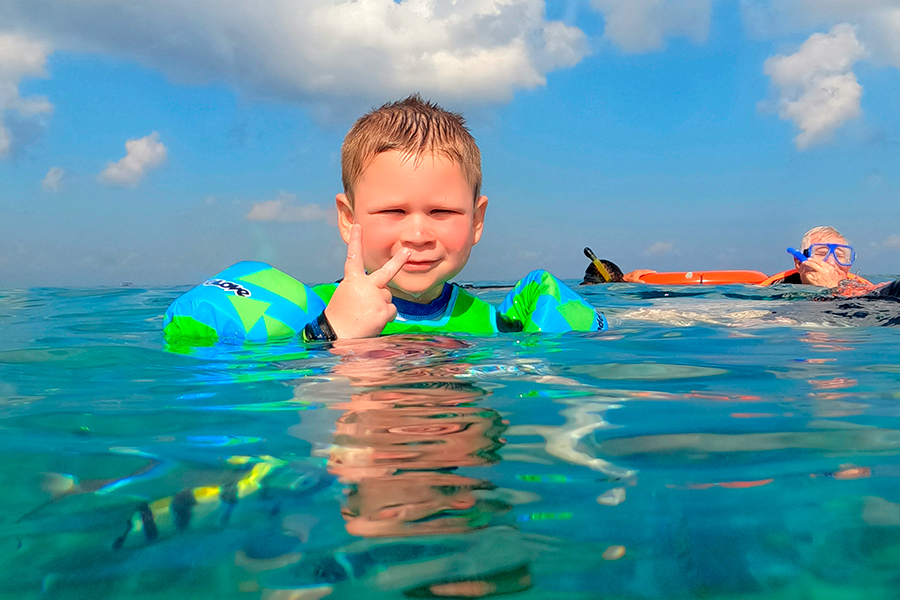
-
Prioritize Sleep
Whether it’s before a flight or ahead of a full day of activities, making sure kids are well-rested is a game-changer. For flights, some parents suggested tiring little ones out beforehand, so they sleep during the trip. Once you’ve arrived, a good night’s rest before a packed itinerary can make the difference between an adventurous day and a meltdown waiting to happen.
-
Research Restrictions Ahead of Time
Before booking activities, always check for age, height, or safety restrictions. There’s nothing more frustrating than showing up to an excursion only to find out your child can’t participate. A quick call or email to the operator can save you disappointment—and give you time to line up an alternative.
-
Think About Transportation Needs
If your trip involves car rides, ask in advance about car seats or booster requirements. Not every destination provides them, and bringing your own might be safer and less stressful than scrambling last minute.
-
Keep Activities Age-Appropriate
Children under 11 often struggle with long tours or activities filled with downtime. Parents recommended mixing in shorter, high-energy experiences that keep kids engaged, rather than dragging them through hours-long events.
-
Snacks Are Essential
Hunger strikes fast and unpredictably, especially when routines are off. Carrying familiar snacks can prevent crankiness and buy you peace of mind when meals don’t go as planned.
-
Don’t Skimp on Medications
Even if your child hasn’t had asthma in years, bring the inhaler. Alongside prescriptions, carry basics like ibuprofen, Dramamine for motion sickness, and a small first aid kit. It’s better to have it and not need it than the other way around.
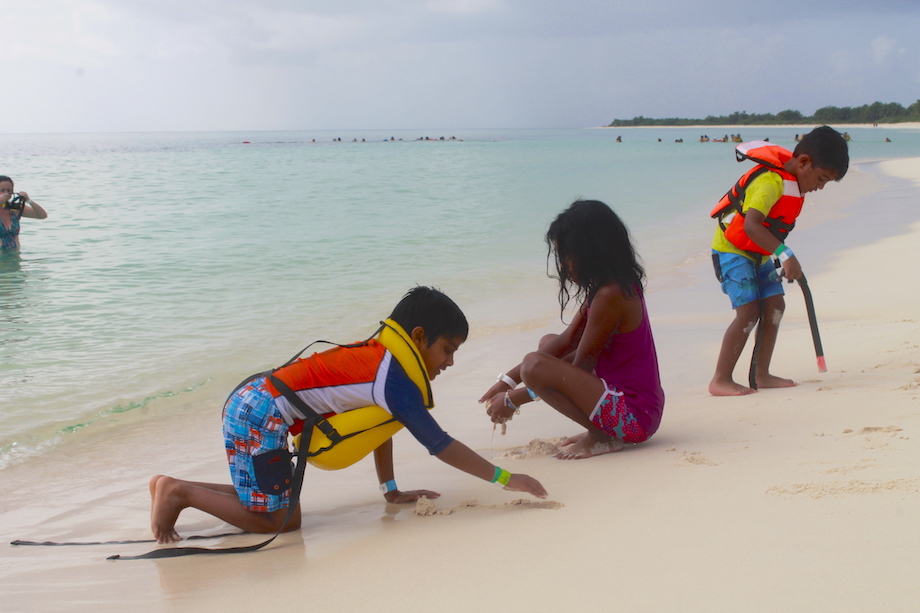
-
Always Pack Extras
From spilled juice to unexpected weather, kids go through clothes faster than adults. Packing an extra outfit for the day is a small precaution that can save you from unnecessary stress.
-
Shoes Matter More Than You Think
Comfortable footwear is non-negotiable. The wrong shoes can cut a day of exploring short, so make sure kids are wearing pairs suited for walking and the planned activity.
-
Ask About Child-Friendly Equipment
Don’t assume hotels, excursion companies, or restaurants will have the right gear for smaller children. Whether it’s a highchair, stroller space, or safety harness, confirm ahead of time so you’re not caught off guard.
-
Leave Room to Breathe
Over-scheduling is a recipe for exhaustion—for you and the kids. Build in downtime for naps, pool breaks, or simply sitting in a café. Those pauses often become the most cherished memories.
-
Involve Them in the Process
When kids help with packing or get a say in choosing activities, they become invested in the trip. That sense of ownership not only builds excitement but also encourages better behavior since they feel part of the adventure.
-
Embrace Imperfection
Things won’t always go smoothly. Babies cry on airplanes, toddlers throw tantrums, plans fall through. Parenthood is tough, and travel magnifies that—but most people around you understand. Instead of chasing perfection, look for joy in the small moments: your child seeing the ocean for the first time, trying new food, or marveling at a new culture.
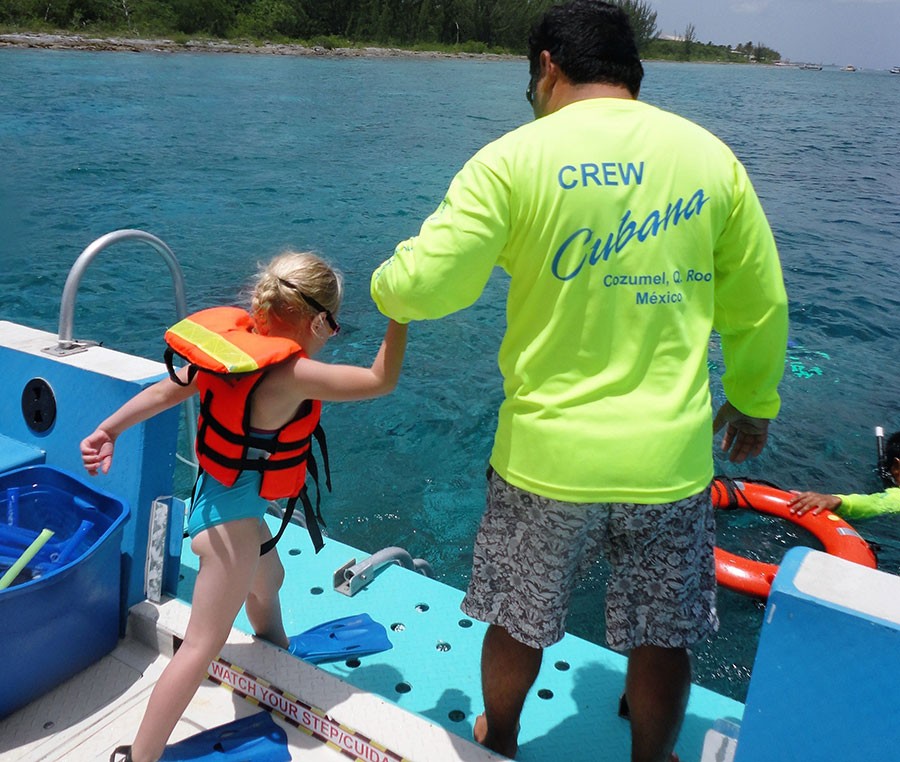
At the end of the day, the best advice I heard again and again was this: know your child. Every kid has different rhythms, needs, and quirks. Planning well means respecting those differences while leaving space for spontaneity. Traveling with kids is less about executing the “perfect itinerary” and more about embracing the once-in-a-lifetime opportunity to see the world through their eyes.
By Bee Díaz






